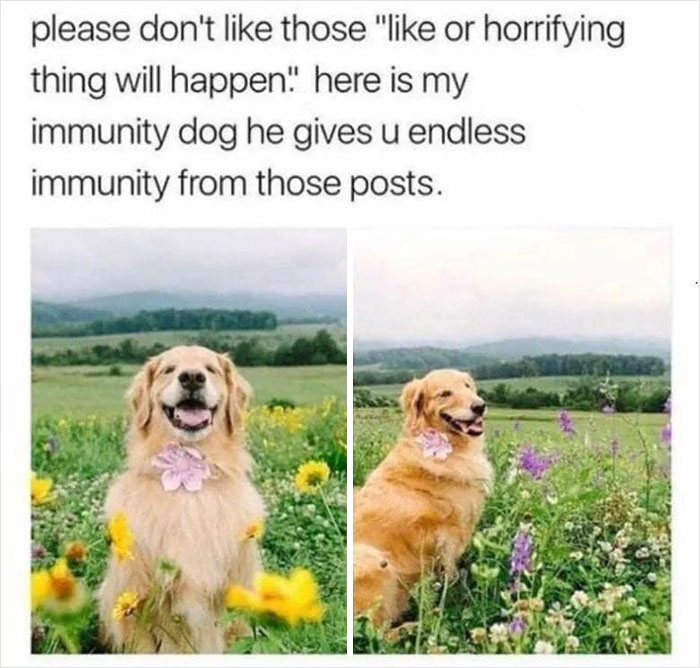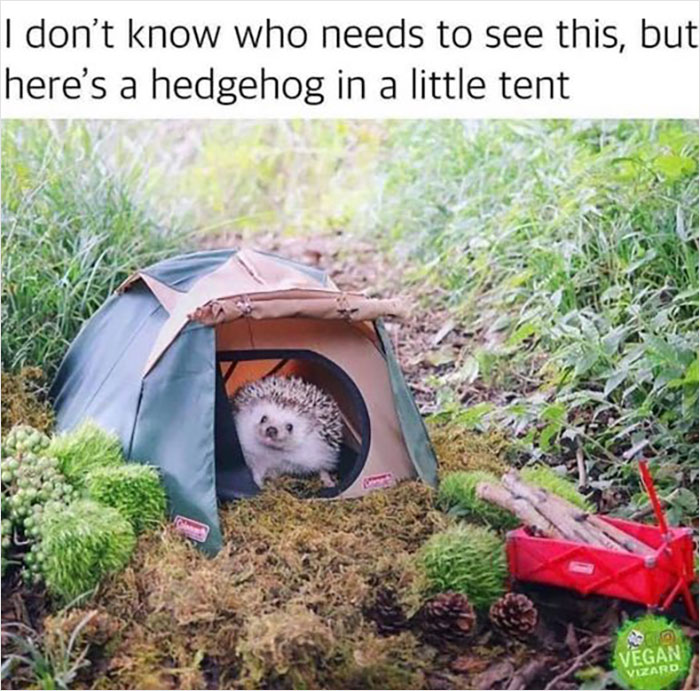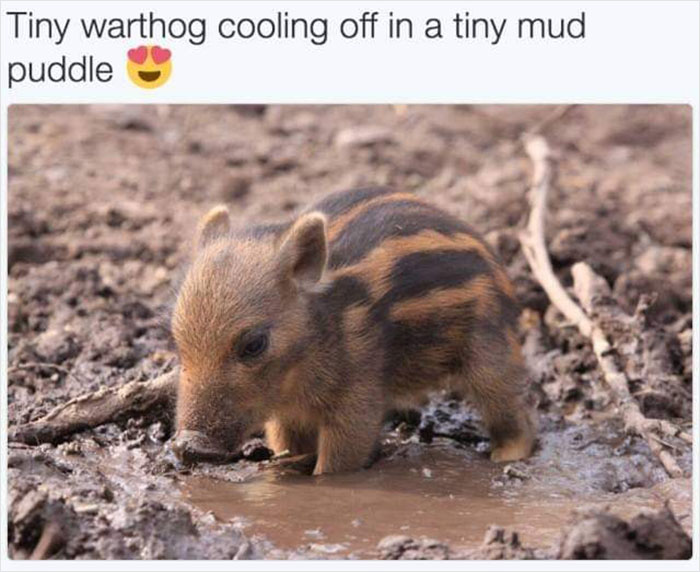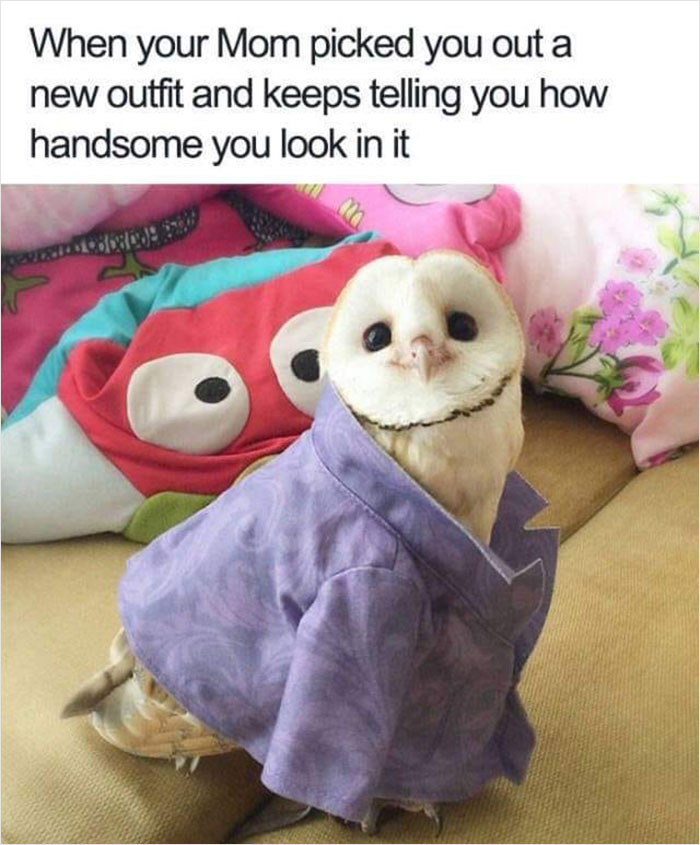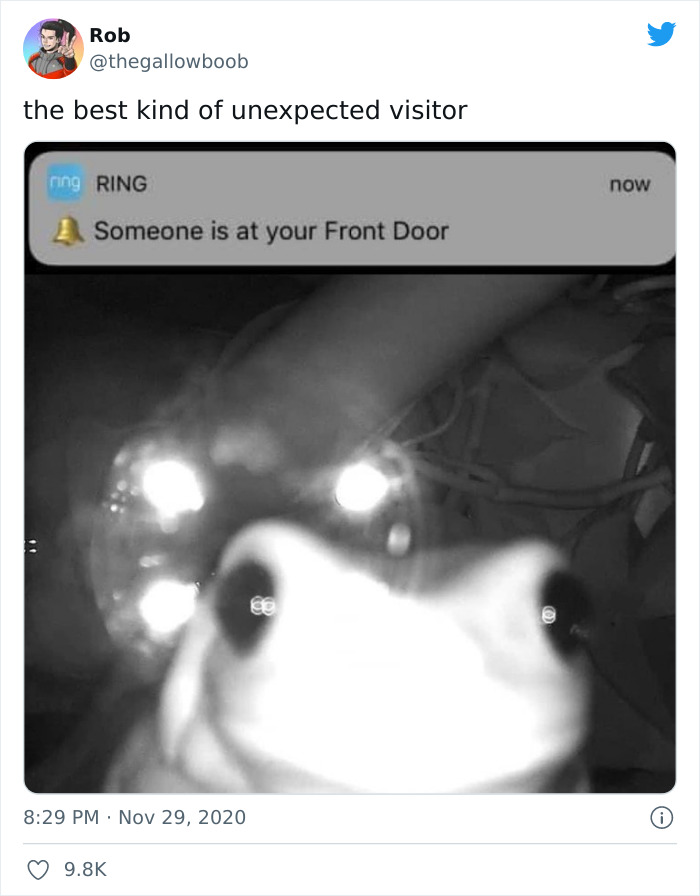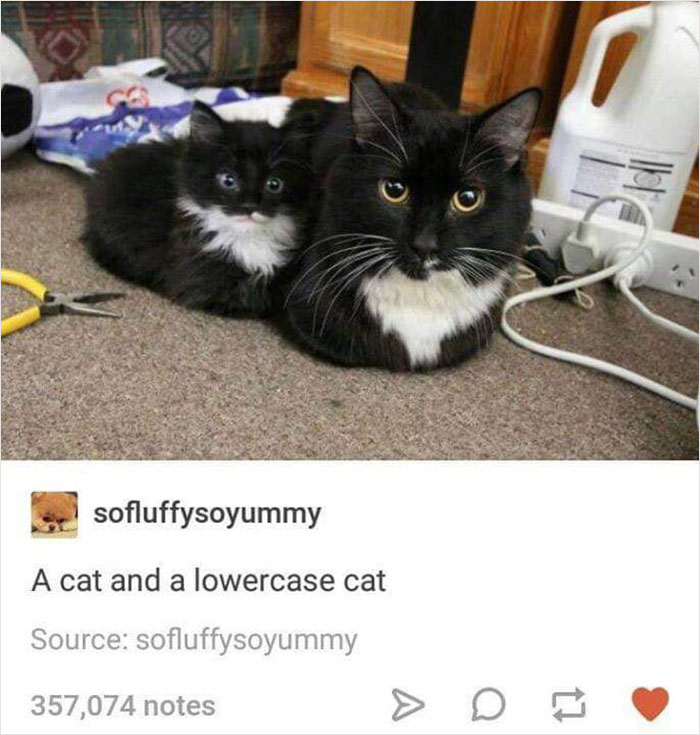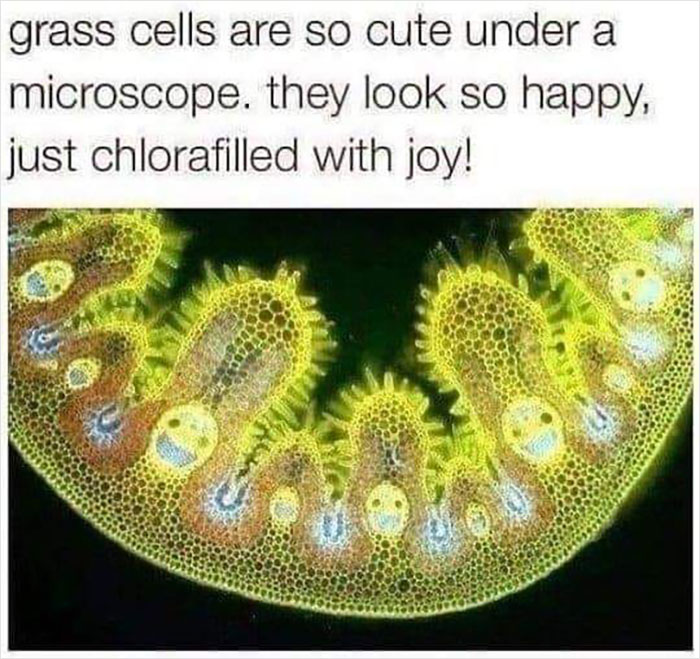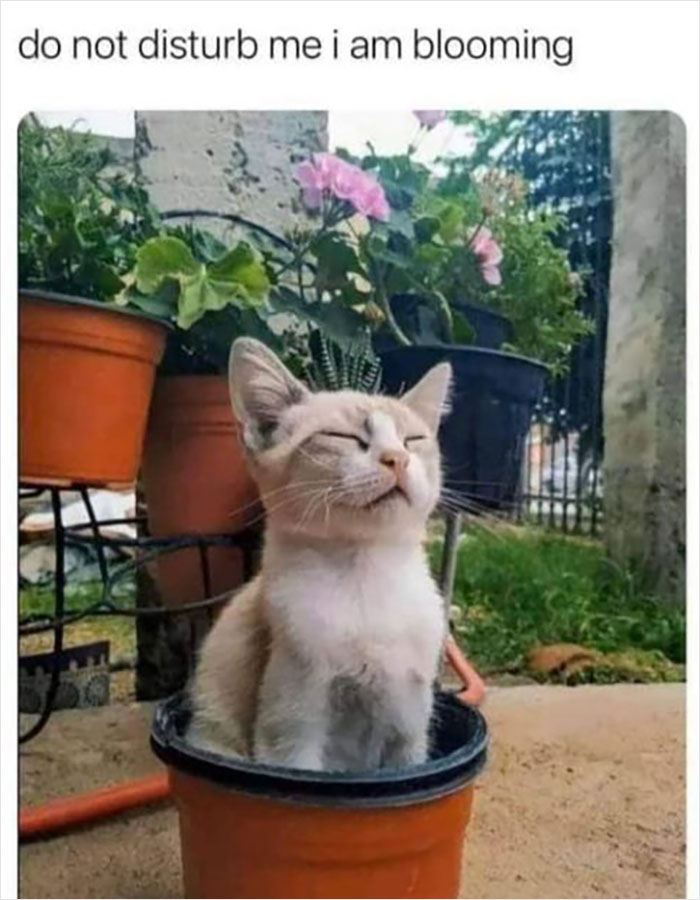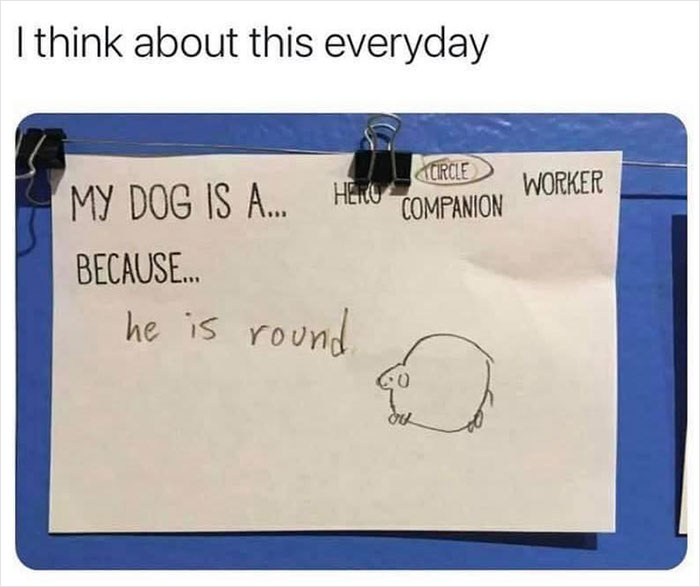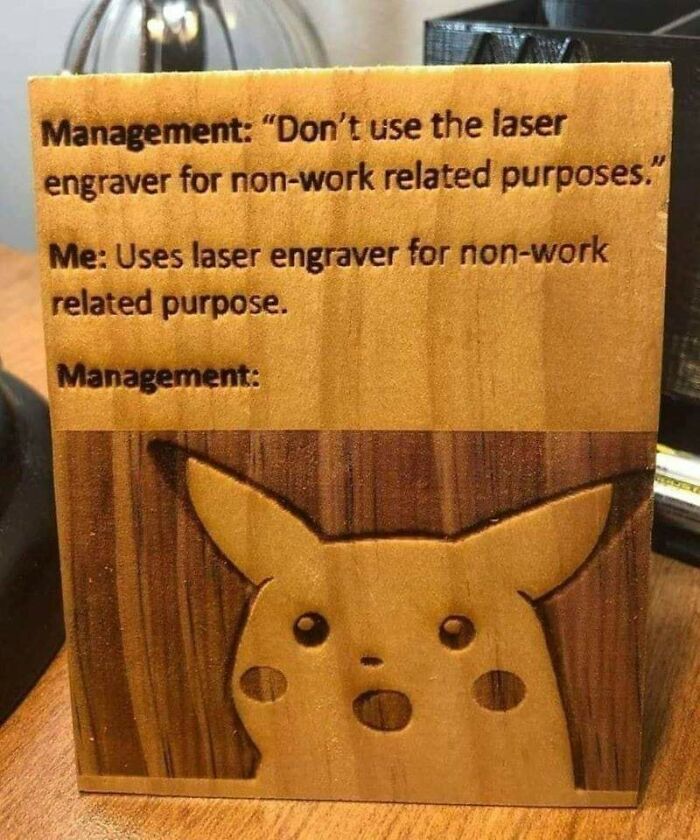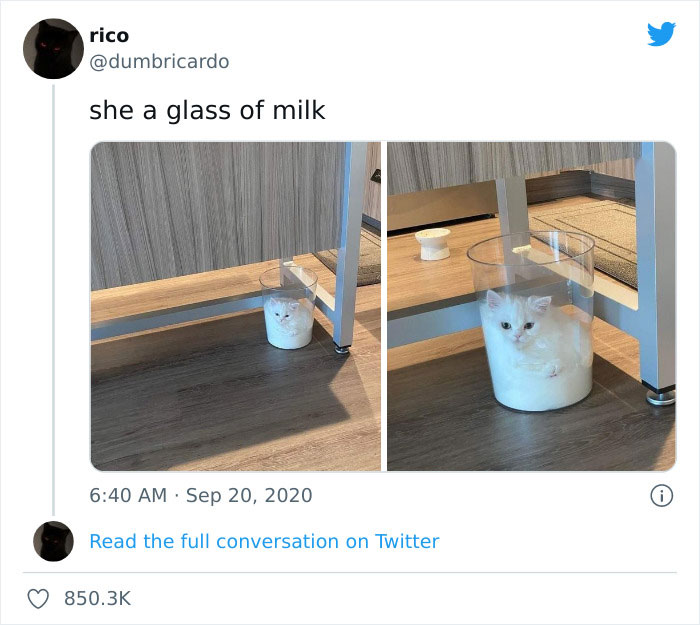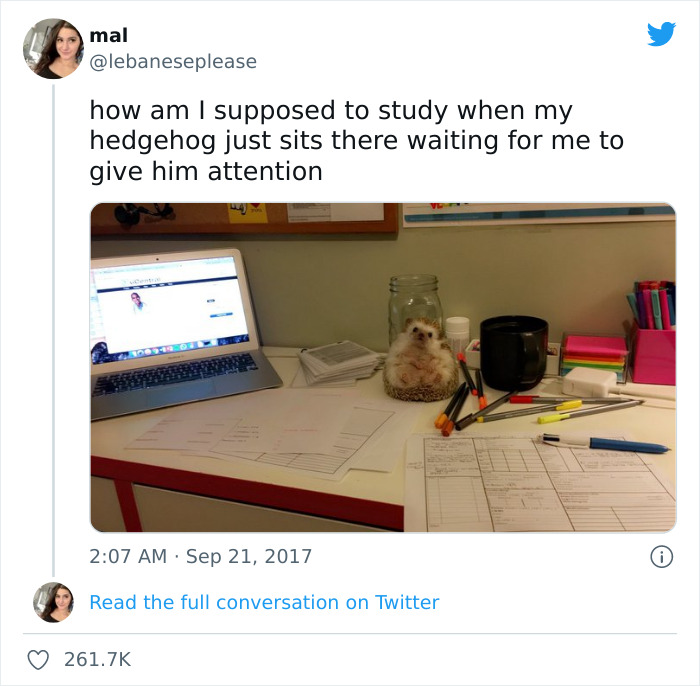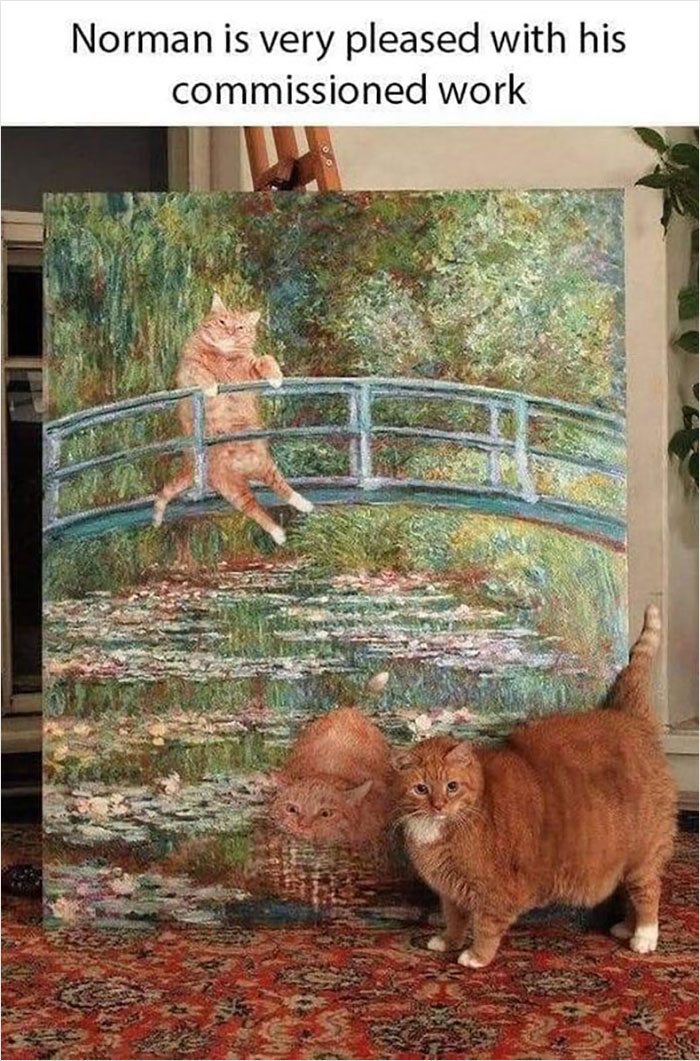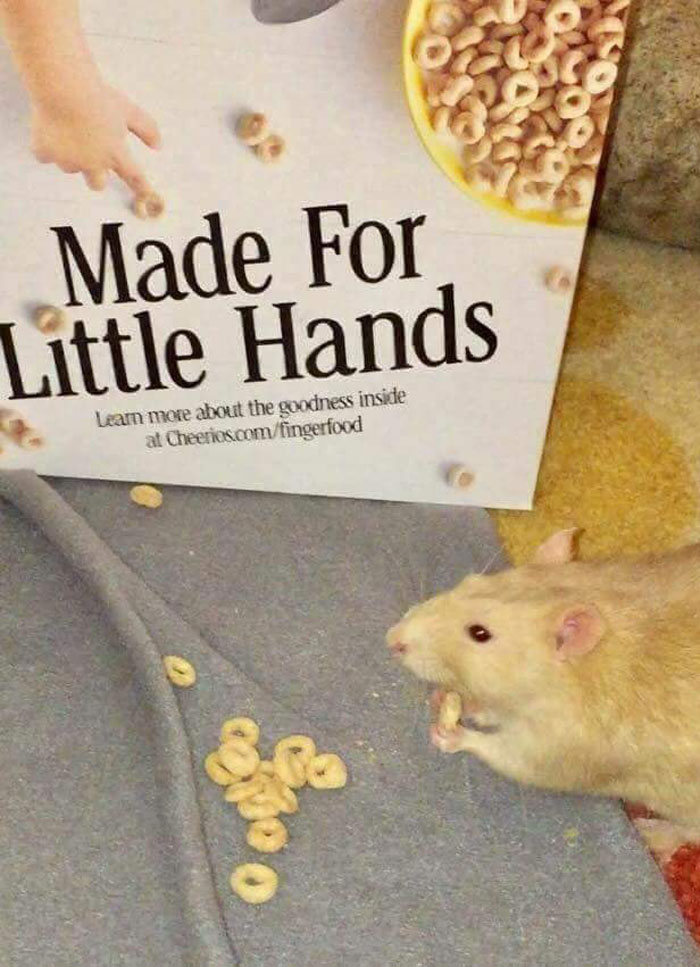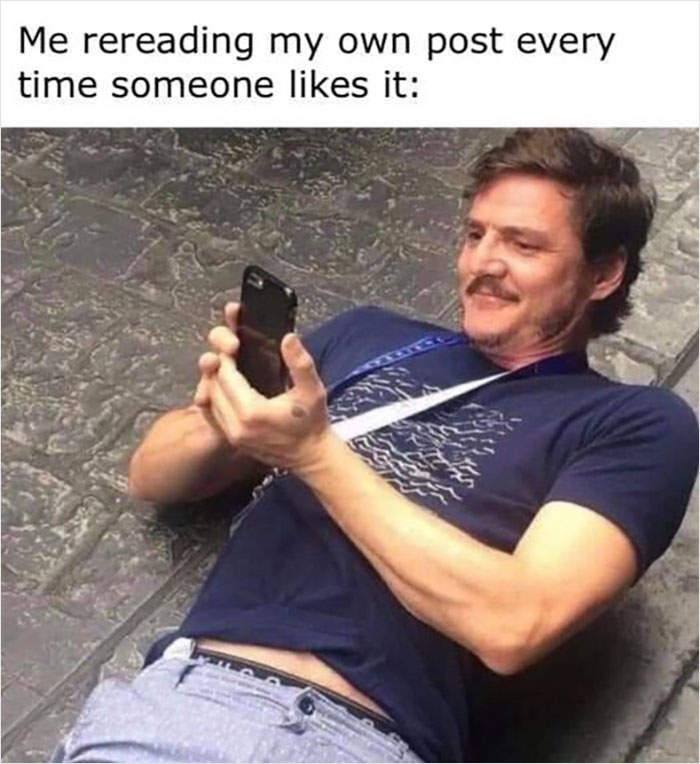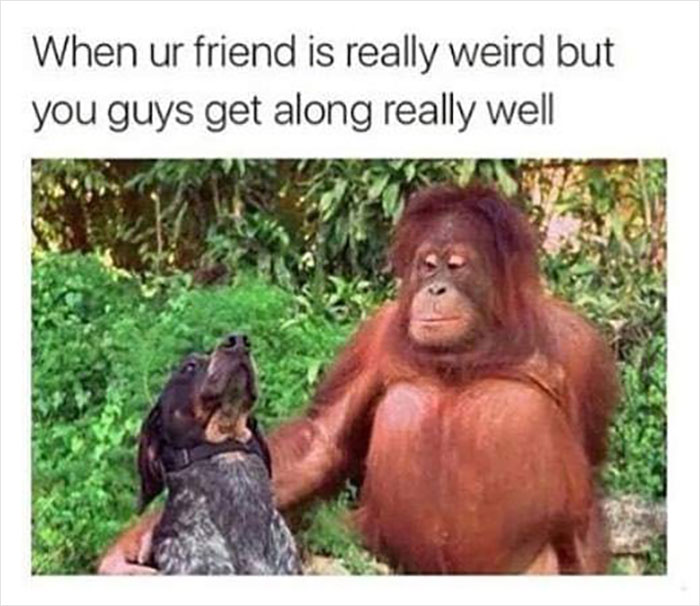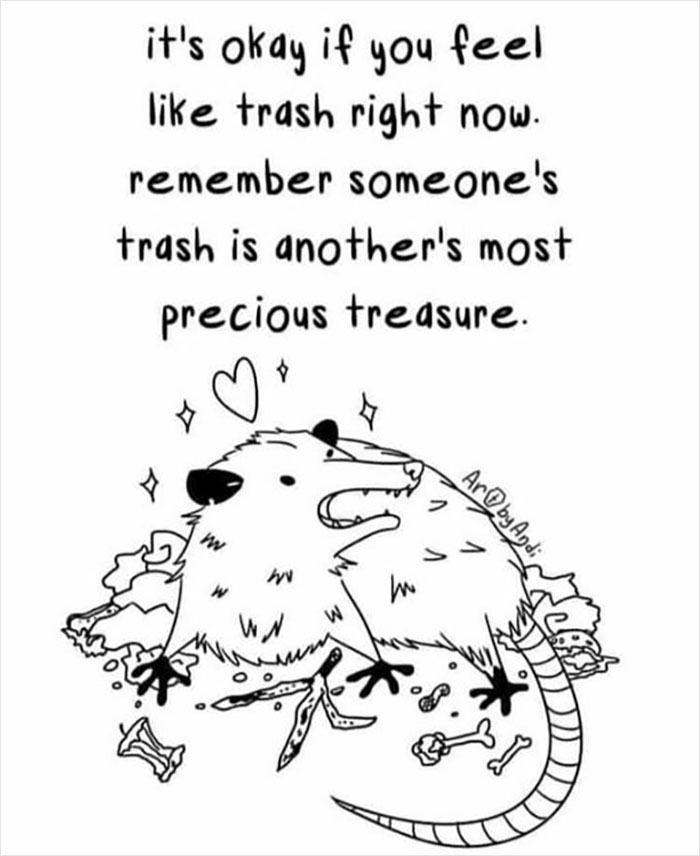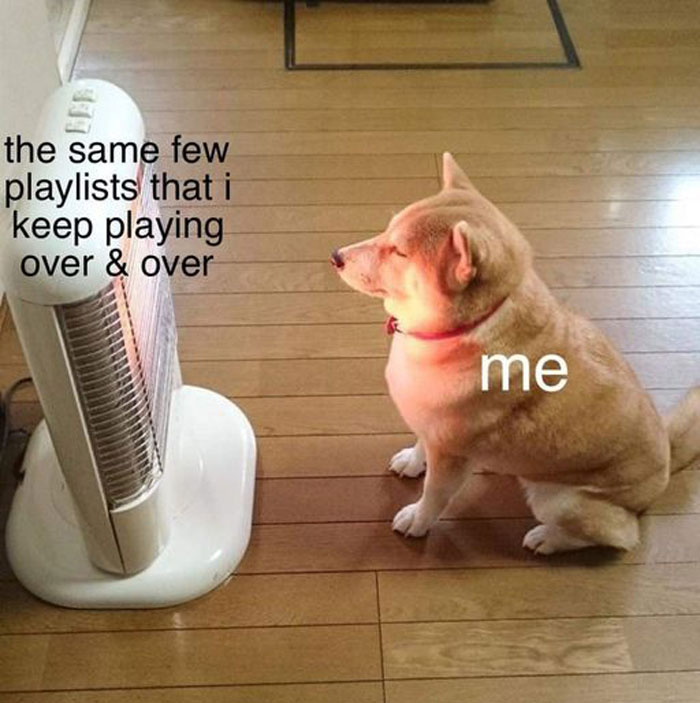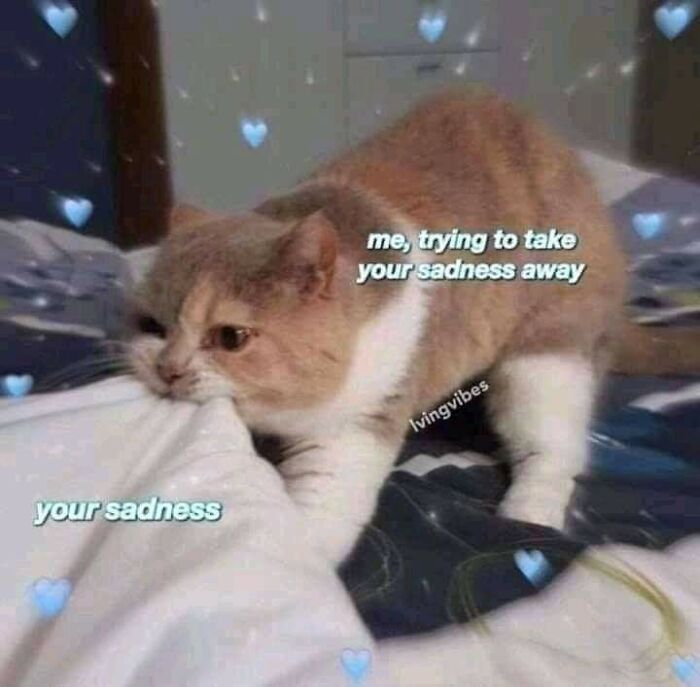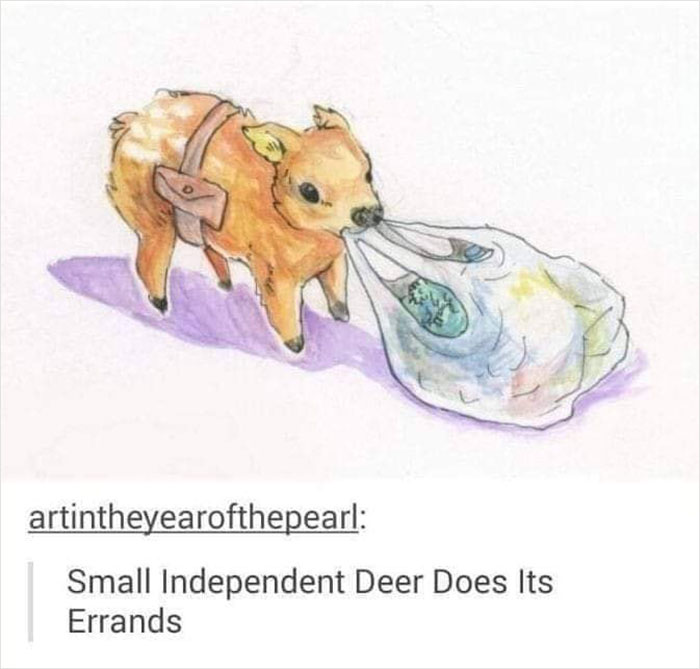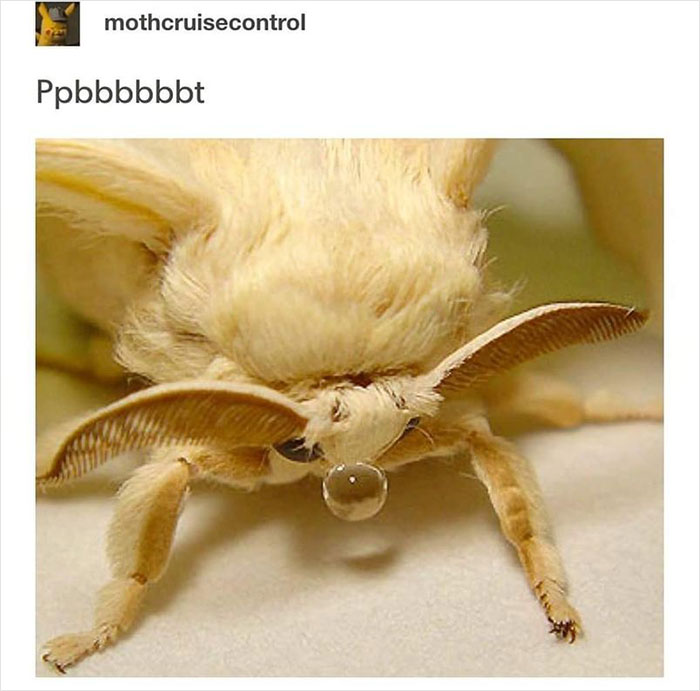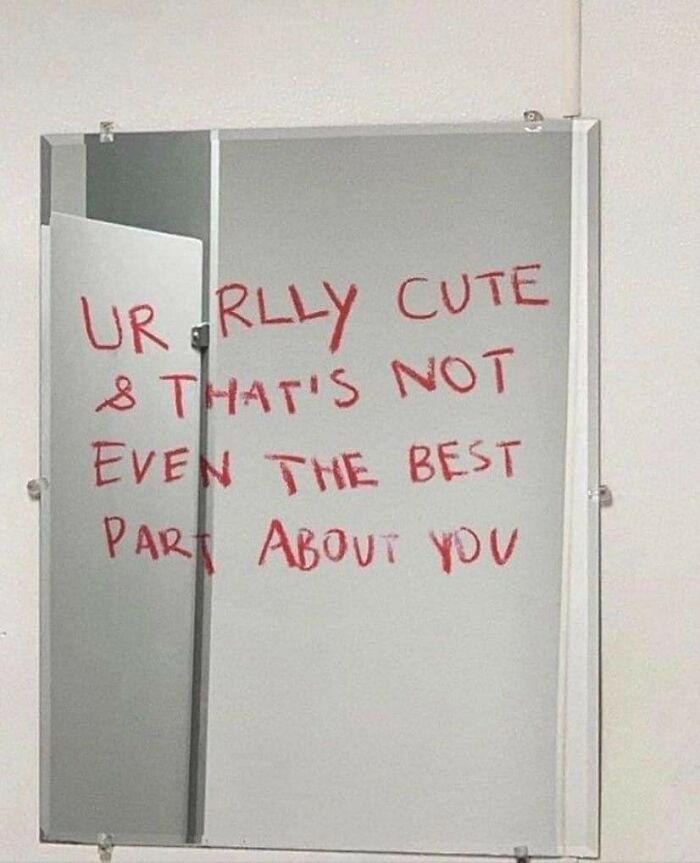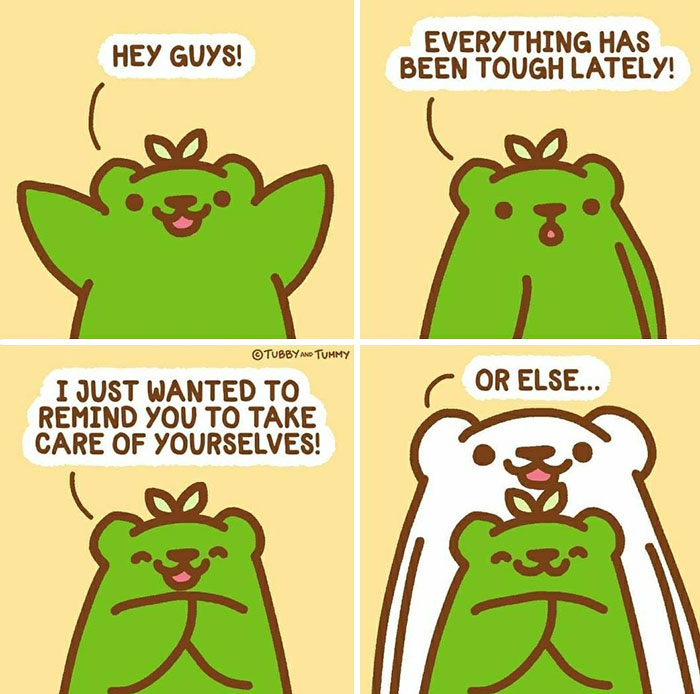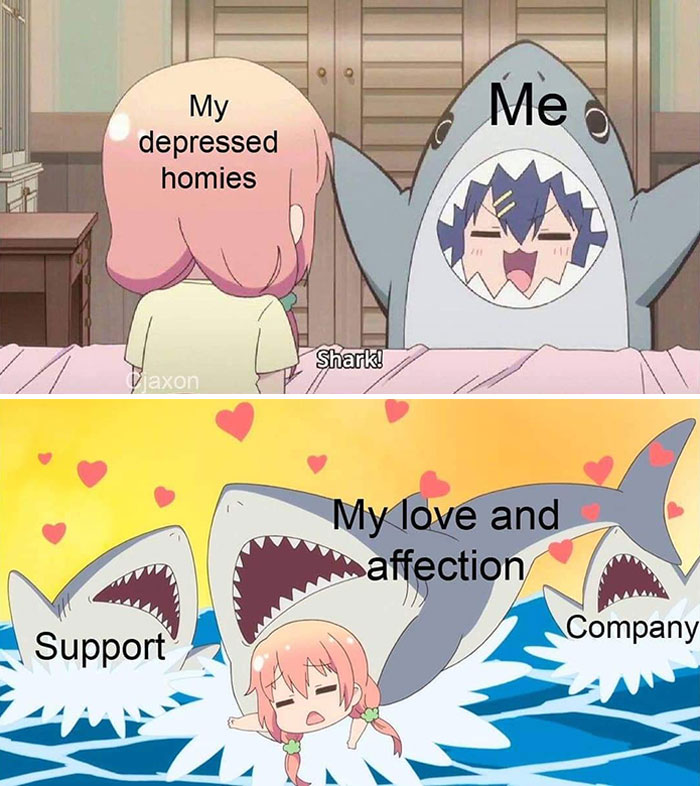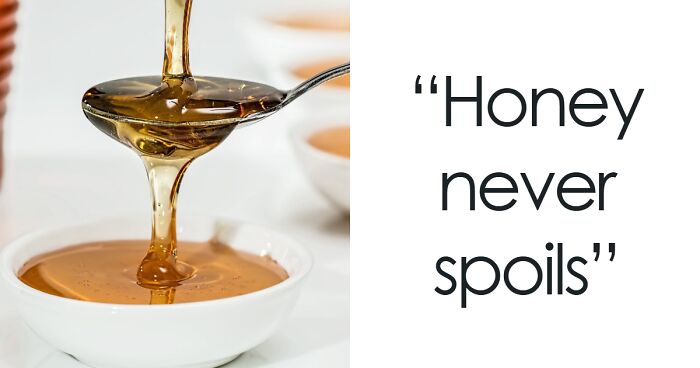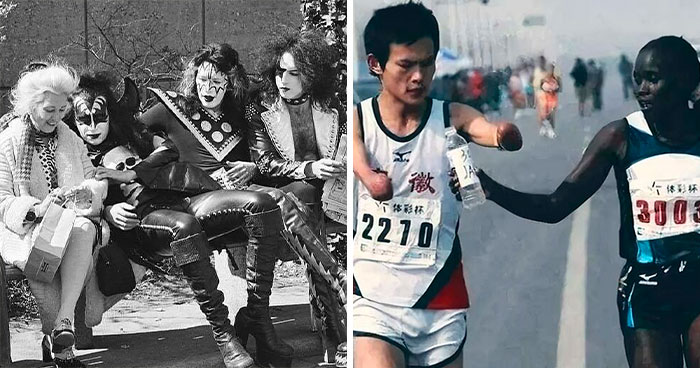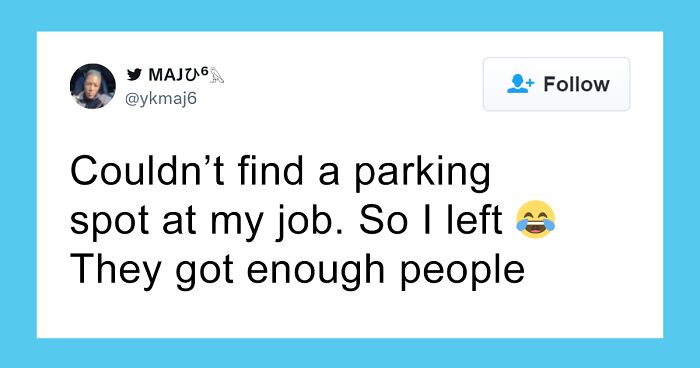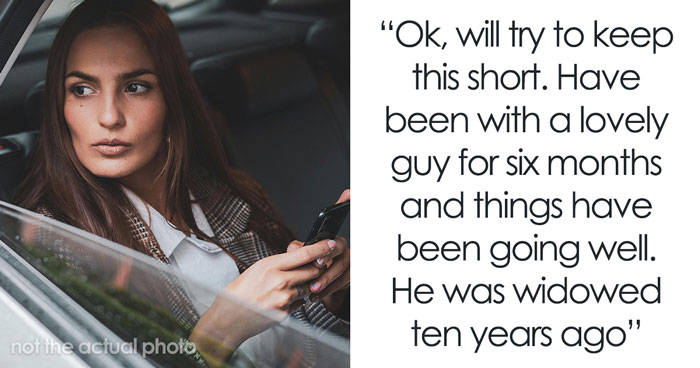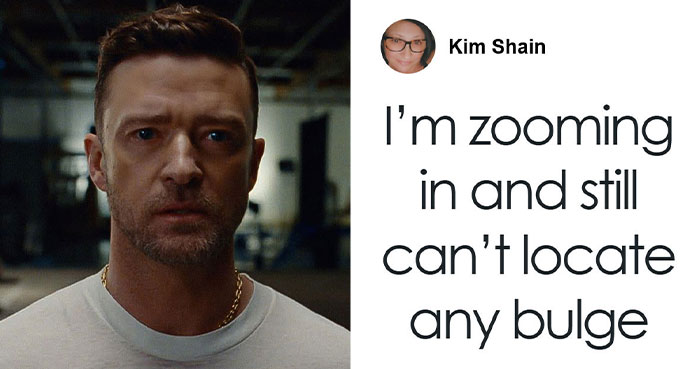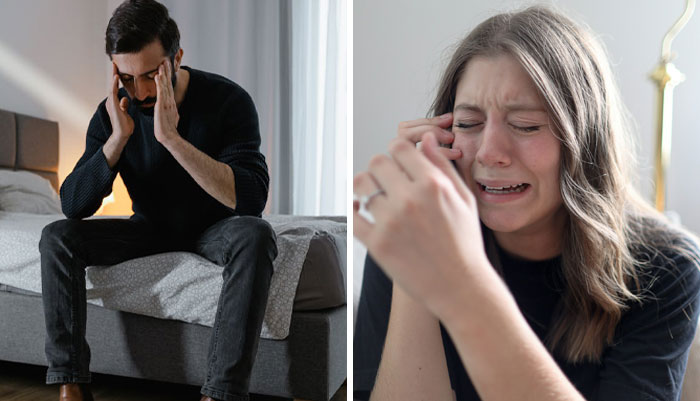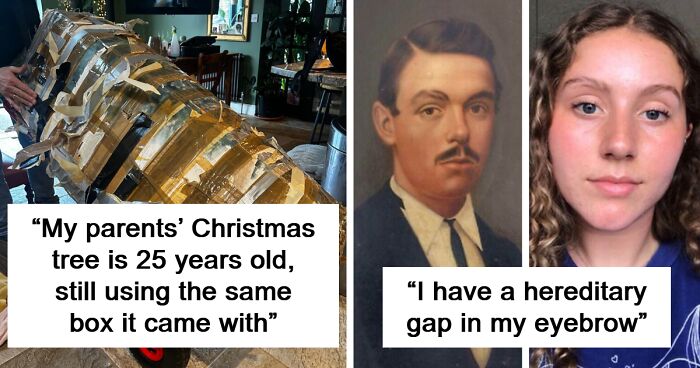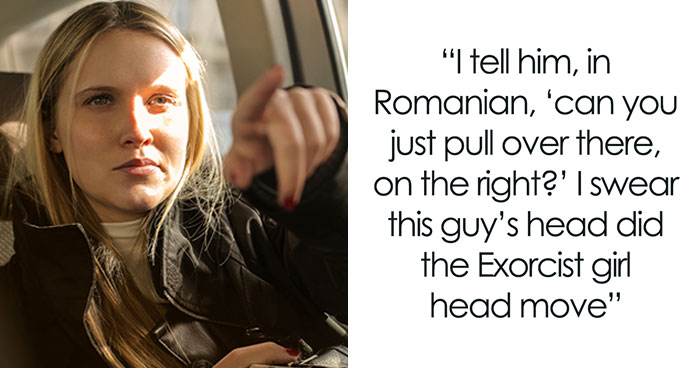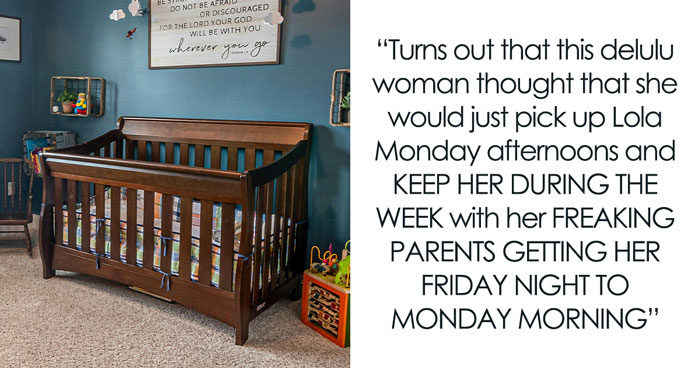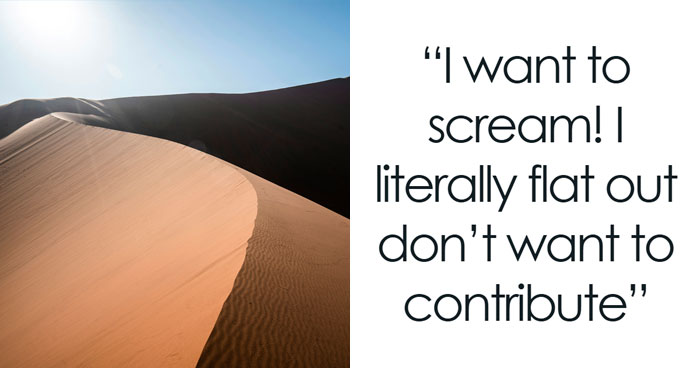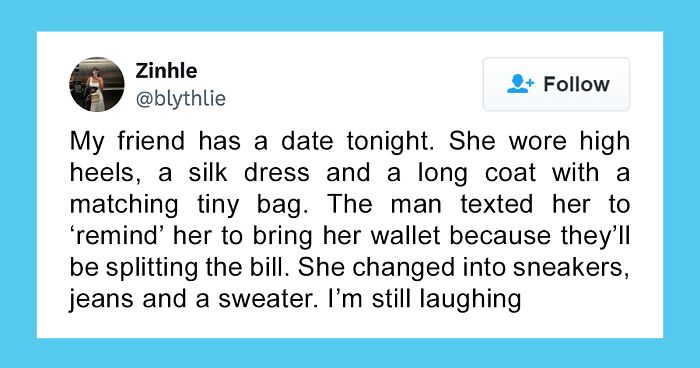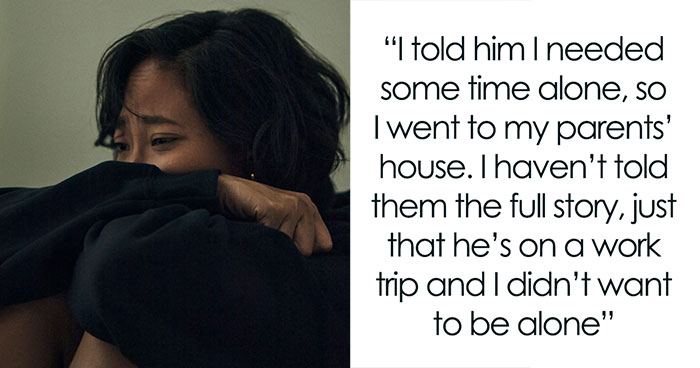
144Kviews
2.1M People Follow This Facebook Page For Its Feel-Good Content And Here Are 40 Of Its Best Posts
People going on social media detoxes or cutting down on screen time leads us to believe that being on the internet has a negative impact on our stress levels and productivity. While it could be true for some, because everyone’s feeds are different and curated just for them, there is also the bright side of the internet.
There is so much heartwarming content to be seen online, such as Facebook pages like Wholesome Memes, “Your #1 source for wholesomeness.” It posts true wholesome stories, cute interactions between people on the internet and creative memes that make the heart feel all fuzzy, so no wonder it has attracted over 2 million people to follow it.
Seeing that wholesome content is always healthy for our minds, we collected the best posts the page could offer. If this list isn't enough for you, Bored Panda has another one which features wholesome memes from the Instagram account kalesalad, also known as The King Of Wholesome Memes, or you can check out this one to feed your hunger for that sweet internet content.
More info: Facebook
This post may include affiliate links.
Social media is a quite new creation in the grand scheme of things. The first social media site could be considered Six Degrees and it was created in 1997. Social media started taking off in the 2000s and now, when the whole internet can fit in our pockets, it has become a part of our daily routines like brushing our teeth or walking our dogs.
Even though social media is still young as a phenomenon, it has such a big impact on our lives and many scientists are interested in how it works, so there are many studies conducted analyzing its effect on our mental health, stress levels, productivity and relationships.
Many of those studies show that being on social media too much is harmful as it increases the risk of depression and anxiety. It distracts teens from their studies and adults from doing their jobs. It often leads people to disrupted sleeping patterns and some scientists go so far as to say that the desire to be on social media can be compared to alcohol or drug addiction.
Instagram is often cited to be the worst of the existing social media platforms for people’s mental health. It is an image-focused app, but the pictures there are highly curated and people start to compare themselves with a distorted reality that they could never live up to as it is not real. Also, there is a lot of bullying if you post a picture that’s not as perfect as other people’s, so it causes body image issues and low-self esteem.
While a lot of research shows social media’s negative impact, it does also have positive effects. Scientists Mesfin A. Bekalu, PhD, Rachel F. McCloud, ScD, K. Viswanath, PhD published the paper Association of Social Media Use With Social Well-Being, Positive Mental Health, and Self-Rated Health: Disentangling Routine Use From Emotional Connection to Use in 2019 that actually showed that the internet is not all bad.
Mesfin Awoke Bekalu said, “These findings suggest that as long as we are mindful users, routine use may not in itself be a problem. Indeed, it could be beneficial.” He continued explaining in what ways it could benefit us: “We know that having a strong social network is associated with positive mental health and well-being. Routine social media use may compensate for diminishing face-to-face social interactions in people’s busy lives. Social media may provide individuals with a platform that overcomes barriers of distance and time, allowing them to connect and reconnect with others and thereby expand and strengthen their in-person networks and interactions.”
The main conclusion that was made from the data was that “the ways that people are using social media may have more of an impact on their mental health and well-being than just the frequency and duration of their use.”
Maybe the solution would be looking at memes, such as those on this list. It could be hard to believe, but memes and how they influence people’s moods, stress levels and coping mechanisms are also an interesting subject of research.
Research conducted last year looked into people consuming memes during the pandemic and how they helped cope with the COVID-related stress. The results showed that even though the memes didn’t reduce the stress, they increased positive emotions, which helped with coping with that stress.
One of the authors of the paper, Jessica Gall Myrick, said, “COVID-19 is super stressful, so this is not surprising. It will take a lot more than a few cats to lower our stress about a pandemic.” What was also interesting was that “memes about COVID actually help people cope with COVID,” so she concluded that “memes, particularly those that relate to a highly stressful context, may help support efforts to cope with the stressor.”
“This fluff ball has been charged with the following- attacking birds, attacking another bird, biting (or trying to bite) a hooman’s paws, tax fraud, and being too cute for this world”
While the memes on this list aren’t related to any stressors, they definitely can make your mood better and increase your positive emotions, so make sure you read it until the very last meme.
Let us know if social media causes you more stress or helps you relax. What do you think the difference depends on? Share your contemplations with us in the comments!
More! Where's the "This post has been shortened. Click here to see the other 127 that didn't make the cut" link?
More! Where's the "This post has been shortened. Click here to see the other 127 that didn't make the cut" link?

 Dark Mode
Dark Mode 

 No fees, cancel anytime
No fees, cancel anytime 




